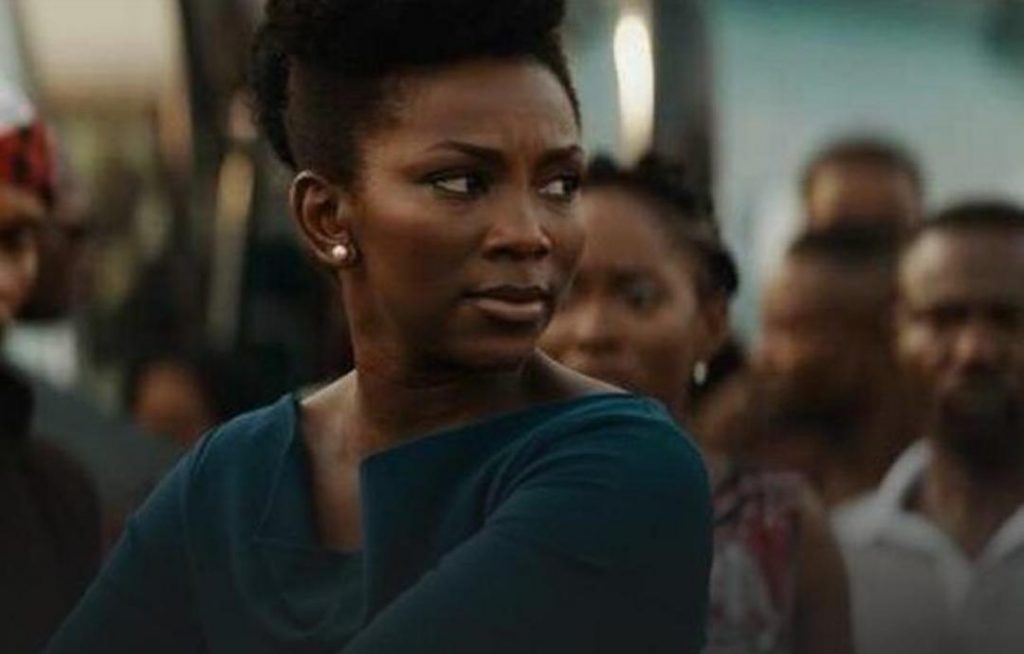Man, Technology and the Psychological in-betweens: a review of Olanrewaju Samuel’s The Wall
The similarities Chocolate and Social Media share end at the aftereffect stage of an over-consumption or an addiction. While a bloated stomach or pile can easily be treated with pills off the counter and herbal fluids corked in bottles, depression, a defeated sense of self-worth and other pitfalls of excessive social media usage require a more systematic approach to healing. The tale of the effects of social media on the human mind is not a new one. While most filmmakers are wont to document the doomed tale of social media addiction with a focus on ripple effects: human existence and participation in group graduations from family to the society at large, Accelerate filmmaker 2018 participant Samuel Olanrewaju, has chosen to inspect the relationship on a more intricate level. Aptly titled ‘The Wall’ , the film plays out majorly on a ‘wall-like’ interface transmitting the dealings and interactions taking place on the ‘wall’ of her profile. The story is simple. A young lady’s interaction with a social media platform that appears to be a bleached version of Facebook evolves from curiosity and patience as she approaches the social media interface, provides necessary details and waits for a profile to be formed; to skepticism as she familiarizes herself with the interface; to joy as she’s starting to get a hang of the whole thing and is finding very enjoyable the attention represented by the emojis and the entire pizzazz ; to smugness as she’s mastered the lingo of the platform and is garnering even more reactions from a fan base. It is at this stage the addiction is noted. It is also at this stage the diminishing effect swoops in. The entire room is suddenly coloured in haunting red and a repetitive buzzing sound adds to the unsettling mix. The opening scene of the film with the young lady curled in the fetal position of despair in the buzzing red room of doom makes sense at this point: the end stage of the the lady’s unguarded social media interaction is fatigue. Isn’t this the story for most of us? The positivity of early social media usage slowly replaced by fatigue and pessimism as our addiction allows the media to lord our thoughts and actions and the constant need to keep up and fit in catches up to us. The associative need to conform that this stage ensures is also captured by this film: the sudden make over from bland clothing to a fancier purple gown and an overall glossier appearance, and the doffing of the wig at the concluding scene of the film. Plaudits must go to the director, cinematographer and rest of the team for enriching what could have been a bland narration of man-machine interaction with appendage behavioral representations that renders the film somewhat relatable. The Wall is a complete story. It’s easy to doubt that, but it is. And like most stories we enjoy, it provides a chance at redemption for the hero. The decisiveness of the tired young lady in deleting the social media account is not cowardice, not extremism, not an unwise disregard for the many benefits of social media— common clapbacks to decisions to take breaks. It is simply an acknowledgement that, perhaps, social media platform isn’t just for her yet, that maybe when she feels she’s ready and resolute enough to counter any possible leaning towards an unhealthy addiction, she might give it another chance. But the resoluteness, the single-mindedness of the decision is what appeals greatly. The “I am taking charge of this” vibe is one we could all do with it in this crazed world.




